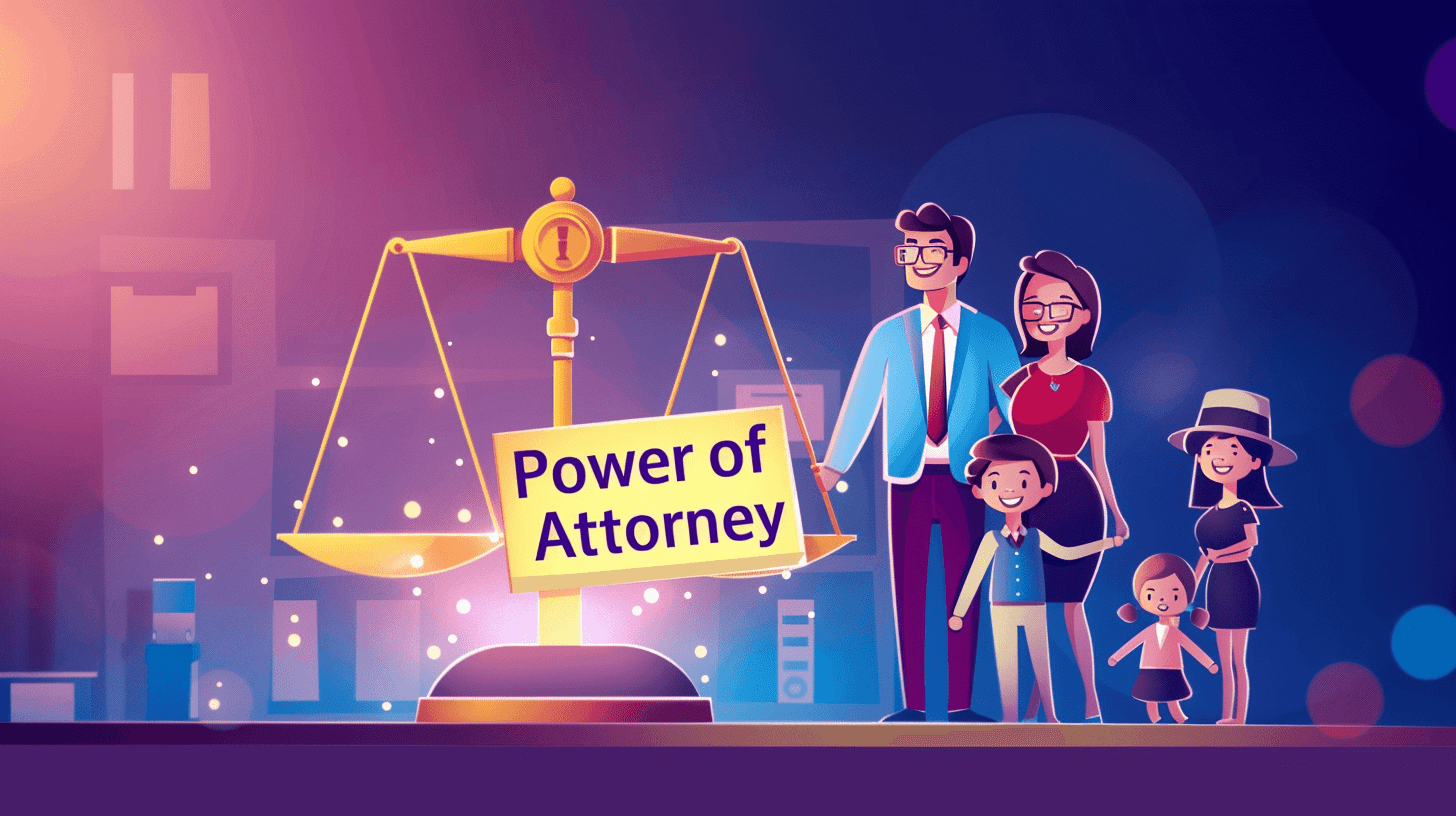September 17, 2025

Life is unpredictable. An accident, illness, or sudden absence can leave someone unable to make financial, medical, or personal decisions. That’s where a Power of Attorney (POA) comes in—a legal tool that allows you to appoint someone you trust to act on your behalf.
Choosing the right POA isn’t just about signing a document. It’s about selecting the right person, defining their authority, and understanding the implications. Just as preparing for a police interrogation requires foresight and counsel (A Lawyer’s Guide to Preparing for a Police Interrogation), appointing a POA demands careful thought and legal guidance.
A Power of Attorney is a legal authorization that grants another person the right to act on your behalf. The person granting authority is called the principal, and the person receiving it is the agent or attorney-in-fact.
Types include:
Choosing the right type depends on your needs, much like choosing legal strategies in business or family law.
Without a POA, families often face unnecessary conflict, delays, and court intervention. In cases of incapacity, courts may appoint a guardian—someone you may not have chosen.
This lack of planning mirrors what happens in estate disputes (The Legal Process of Contesting a Will) or in business disputes (How to Handle a Business Contract Dispute)—uncertainty opens the door to conflict.
The right POA isn’t always the closest relative. Consider:
Just as in Client Success Story: Navigating a Difficult Child Custody Battle, the best advocate is someone dependable under stress.
One of the most important decisions is determining what powers to grant. For example:
Defining the scope prevents misuse, much like statutes of limitations define timelines in injury cases (Understanding the Statute of Limitations for an Injury Claim).
Lawyers ensure your POA:
The importance of counsel cannot be overstated. In criminal law, the difference between a fair interrogation and a coerced statement often comes down to legal guidance (A Lawyer’s Guide to Preparing for a Police Interrogation). In estate planning, lawyers provide the same shield of protection.
These mistakes echo those in family law—like not preparing prenups properly (The Pros and Cons of a Prenuptial Agreement)—where cutting corners leads to costly disputes later.
The lesson? The right preparation and the right advocate always matter.
A POA rarely stands alone. It works best as part of a larger plan that may include:
Together, these tools provide security, just as business planning provides stability for startups (Why Your Startup Needs a Lawyer).
Choosing a Power of Attorney is about more than paperwork. It’s about choosing someone who will protect your best interests when you can’t.
The law gives you the ability to decide now, rather than leaving your future to chance or conflict. Whether in the interrogation room, the courtroom, or the hospital, the right advocate makes all the difference.
Take time, get counsel, and choose wisely. Your peace of mind—and your legacy—depend on it.
Stay up to date with the latest legal tips, expert insights, case studies, and step-by-step guides to help you protect your rights, grow your business, and make informed decisions—no matter your legal needs or industry.